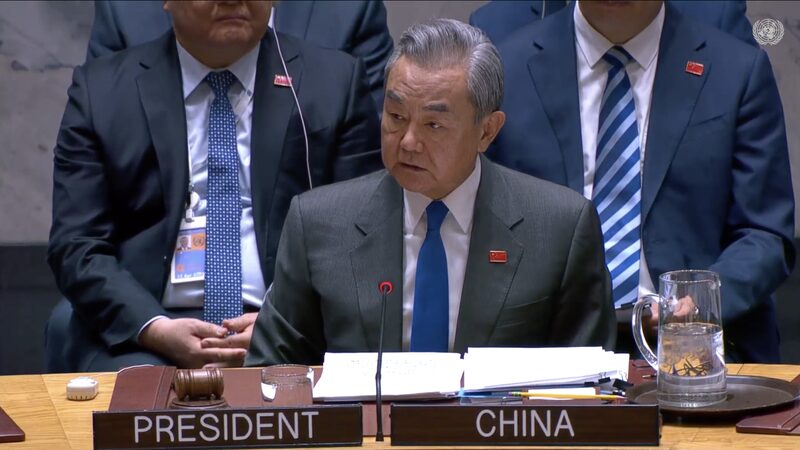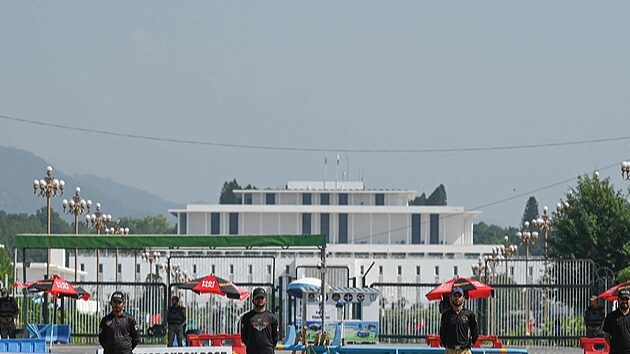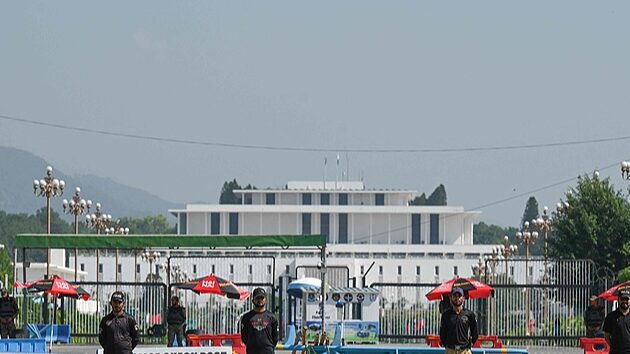On Tuesday, February 18, the Chinese Minister for Foreign Affairs, Wang Yi, chaired an open debate at the United Nations Security Council focusing on \"Practicing Multilateralism, Reforming, and Improving Global Governance.\" The debate fell under the agenda item \"Maintenance of International Peace and Security.”
The year 2025 commemorates the eightieth anniversary of the founding of the United Nations and the victory in the World Anti-Fascist War. Under China's presidency of the Council, the ministerial-level meeting provided Member States an opportunity to reflect on the history of the United Nations, reaffirm their commitment to multilateralism, and collaborate on building a more just and equitable global governance system.
Wang Yi highlighted that the past eight decades have seen accelerated multi-polarization and economic globalization. He noted that people worldwide have worked together to overcome numerous challenges, marking the rise and growing strength of the Global South. Additionally, societies have moved beyond the Cold War's shadow and bipolar confrontation. Despite these advancements, true global peace and common prosperity remain unachieved.
“The international community drew painful lessons from the scourge of two world wars, and the United Nations was founded,” Wang Yi stated at the Security Council meeting. He emphasized the necessity to “reinvigorate true multilateralism and expedite efforts to build a more just and equitable global governance system” in response to ongoing global crises.
Addressing regional conflicts, Wang Yi reiterated China’s support for all efforts aimed at peace talks in Ukraine. Regarding the Middle East, he stressed the importance of upholding the two-state solution. \"Gaza and the West Bank are the homeland of the Palestinian people, not a bargaining chip in political trade-offs. The Palestinians governing Palestine is an important principle that must be followed in the post-conflict governance of Gaza,\" he remarked.
Wang Yi also underscored that United Nations Security Council resolutions are legally binding and must be upheld by all countries.
Reference(s):
Wang Yi Chairs UN Debate on Multilateralism and Global Peace
cgtn.com







